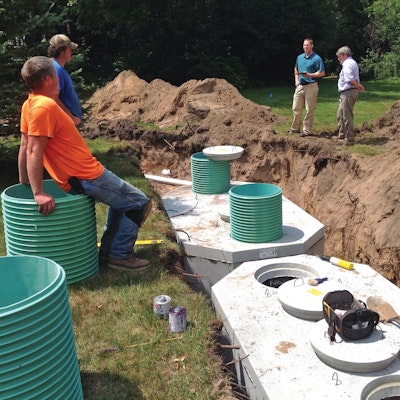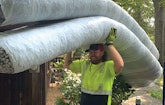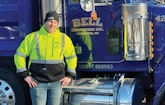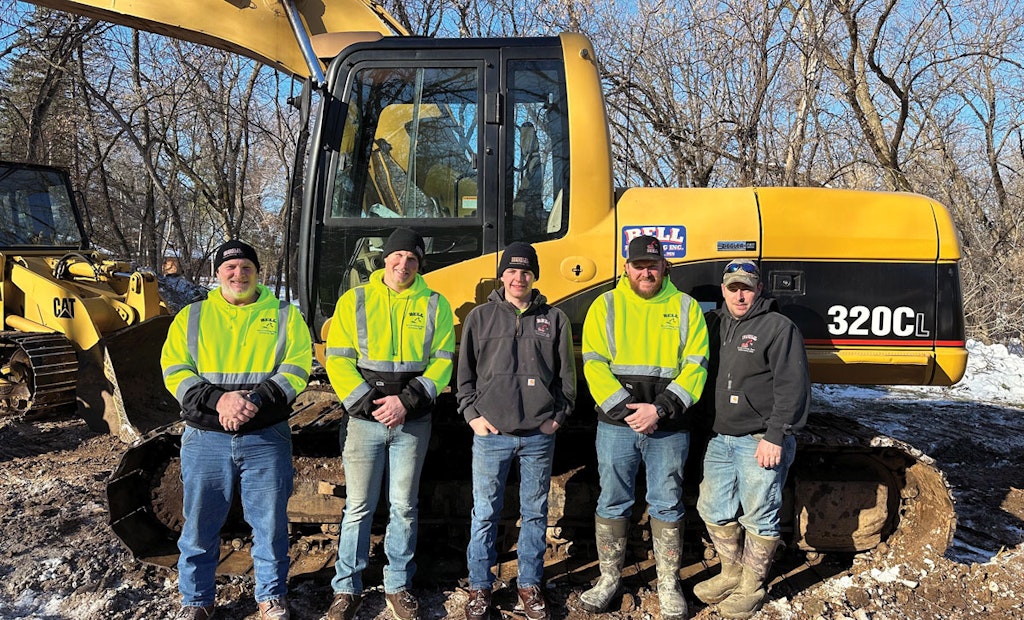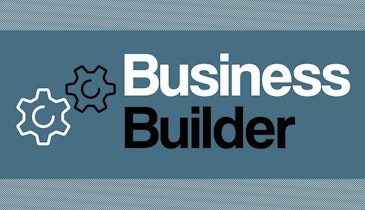Jake Bell: owner-operator, along with my father Jon Bell and my uncle Chad Bell, the founders
Business: Bell Excavating Inc., Stillwater, Minnesota
Age: 36
Services we offer: We do septic installations, design and repair, as well as camera work and line cleaning. We also...
